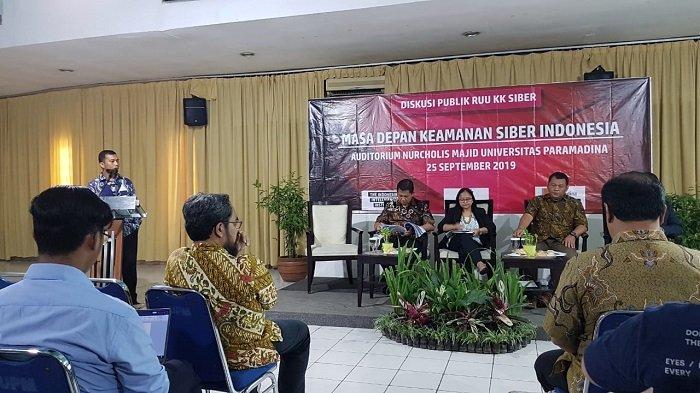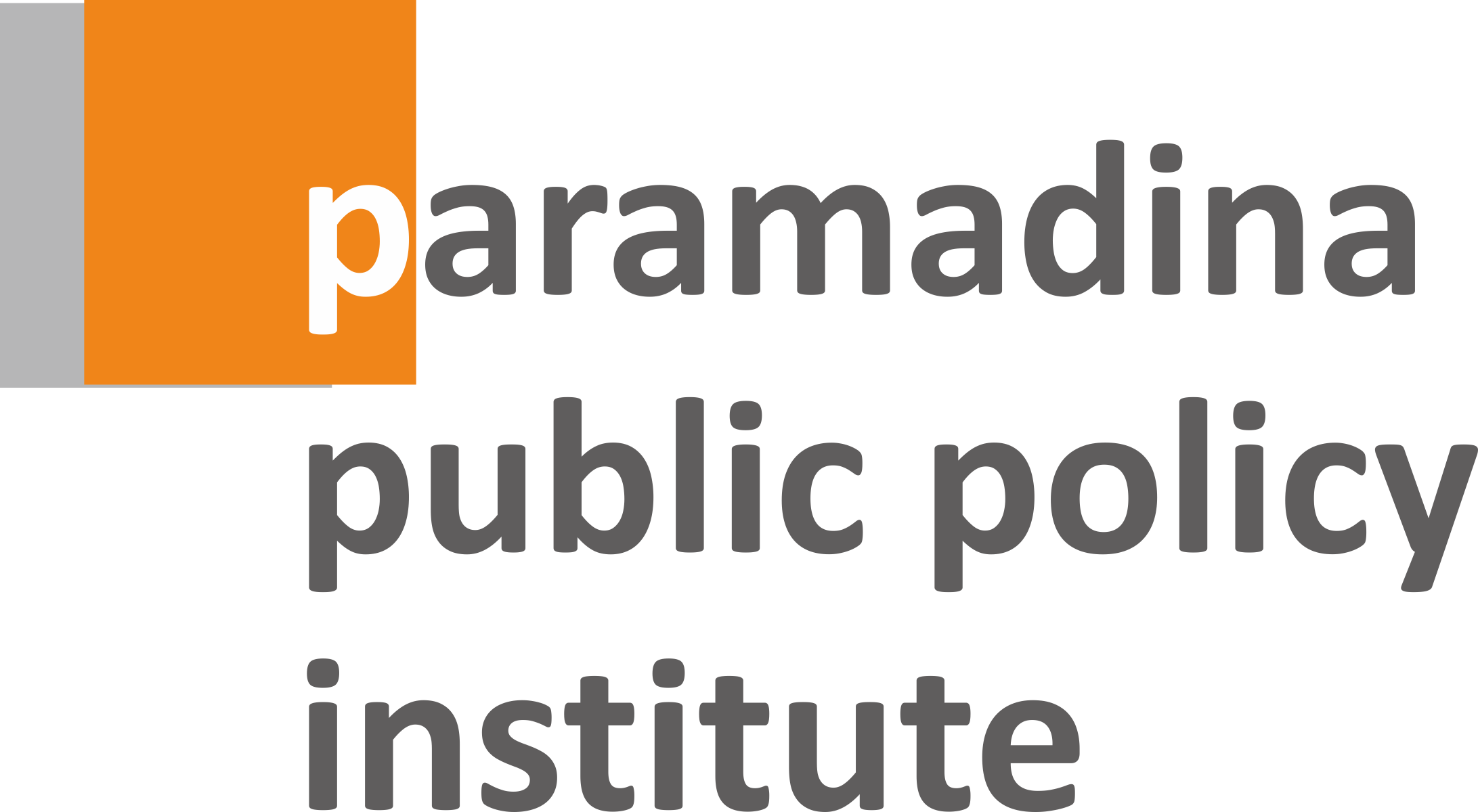- September 30, 2019
- Posted by: Septa Dinata
- Category: Economy, Education, Innovation, News

JAKARTA – The digital and cyber world of Indonesia is indeed advancing. The number of digital users is also increasing. Therefore, Indonesia needs strong and safe rules regarding that digital world. Digital-cyber security is deemed to be the responsibility of multi-actors, both the government, private and community sectors.
“Cyber security must be regulated, but (must be) discussed in depth and involving all parties. Do not (get it sorted) secretly,” said cyber security expert, Pratama Delian Persada in a public discussion held by Paramadina Public Policy Institute about the latest Cyber Security and Security bill at Paramadina University, Jakarta, Wednesday (25/9/ 2019).
According to Pratama, the process of drafting the bill is like a ‘genie’. “It suddenly appeared, like a genie. We were surprised, because the process was very fast in the DPR. In fact, there are many articles that need to be discussed seriously,” Pratama said.
He gave an example, Article 14 in the cyber security bill requires the State Intelligence Agency (BIN) to report cyber intelligence monitoring to the National Siber and Sandi Agency (BSSN). “In fact, BIN is specifically regulated in Law Number 17 of 2011 on State Intelligence, which confirms that BIN can only report to the President,” said Pratama who is also the Director of CISSRECC.
Even more dangerous is if the bill is passed, it can interfere with the existing academic freedom. “If we learn hacking, even for educational purposes, it can be counted as a crime if not reported. This limits knowledge,” said the UGM alumni doctor.
Lecturer of cyber diplomacy at Paramadina University Shiskha Prabawaningtyas added, the rules in the cyber security bill collide with the principles of international diplomacy. “There are proposals to appoint ambassadors or cyber attaches. This is ambiguous, because it contradicts the function of diplomats,” Shiskha said.
Shiskha considered, the bill should involve the foreign ministry in relation to the desired cyber diplomacy system. “If suddenly passed, this will only cause new problems,” he said.
Another discussion speaker, Damar Juniarto from SAFENET said that civil society was not involved at all in the cyber security bill. “If suddenly passed in five days, it betrays the principle of making laws which must listen to the aspirations of the people,” Damar said.
He added, the bill threatens individual freedom in the realm of cyber. “If BSSN is allowed to open the data of what we buy online, say, they monitor us when buying make-up and food, it is very dangerous,” said Damar.
Aulia, an expert staff member of a Parliament Member Sukamta of the PKS party, said the Work Committee (Panja) of the cyber security bill stressed that it would listen to all the aspirations of the community. “We do not want to rush to pass the law before hearing public advice,” said Aulia.
He added, until Wednesday (25/92019) there was no certainty whether the cyber security bill would be passed. “The PKS faction wants its ratification not to be rushed and discussed first. So, it might be (passed) in the next DPR period,” said Aulia.
